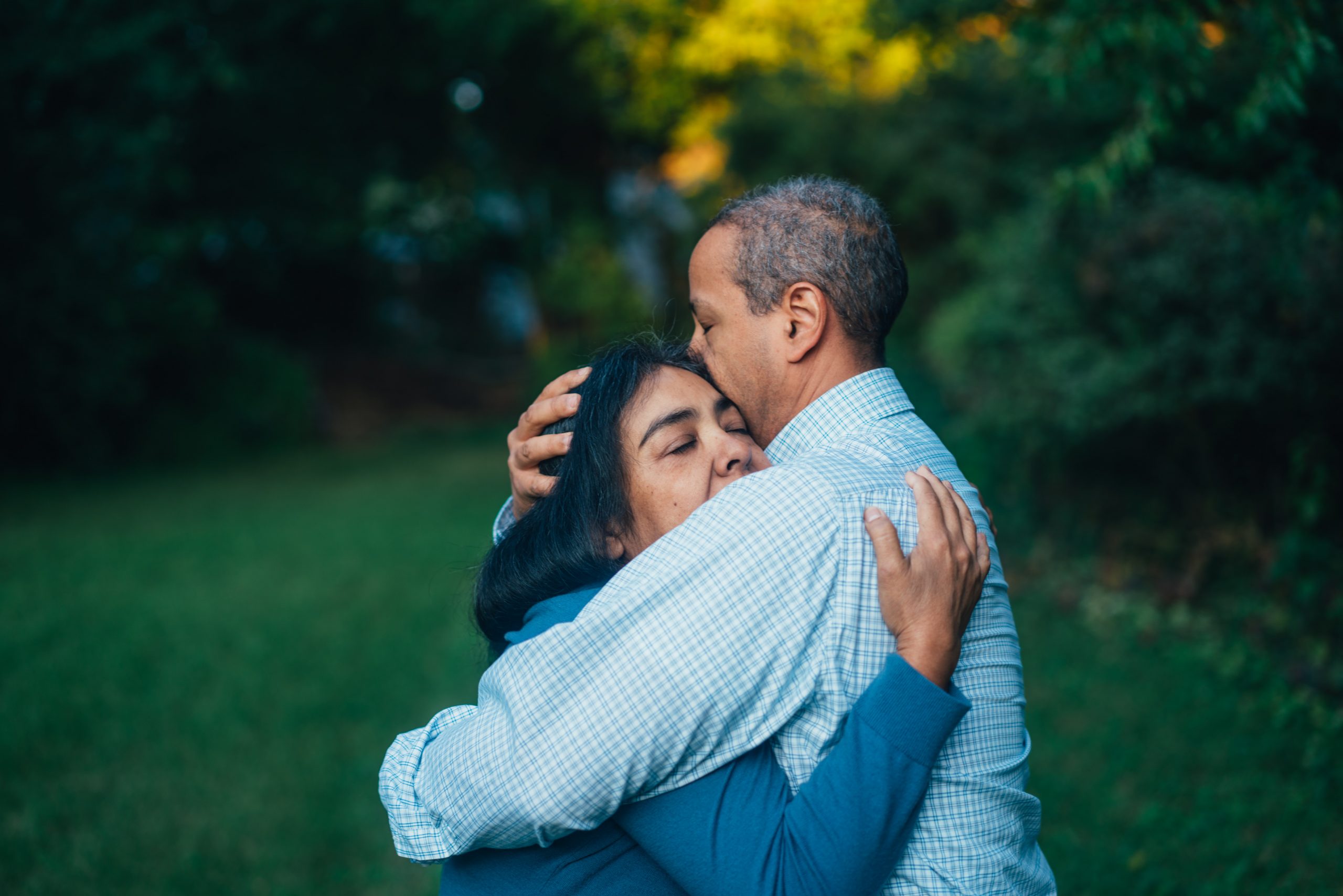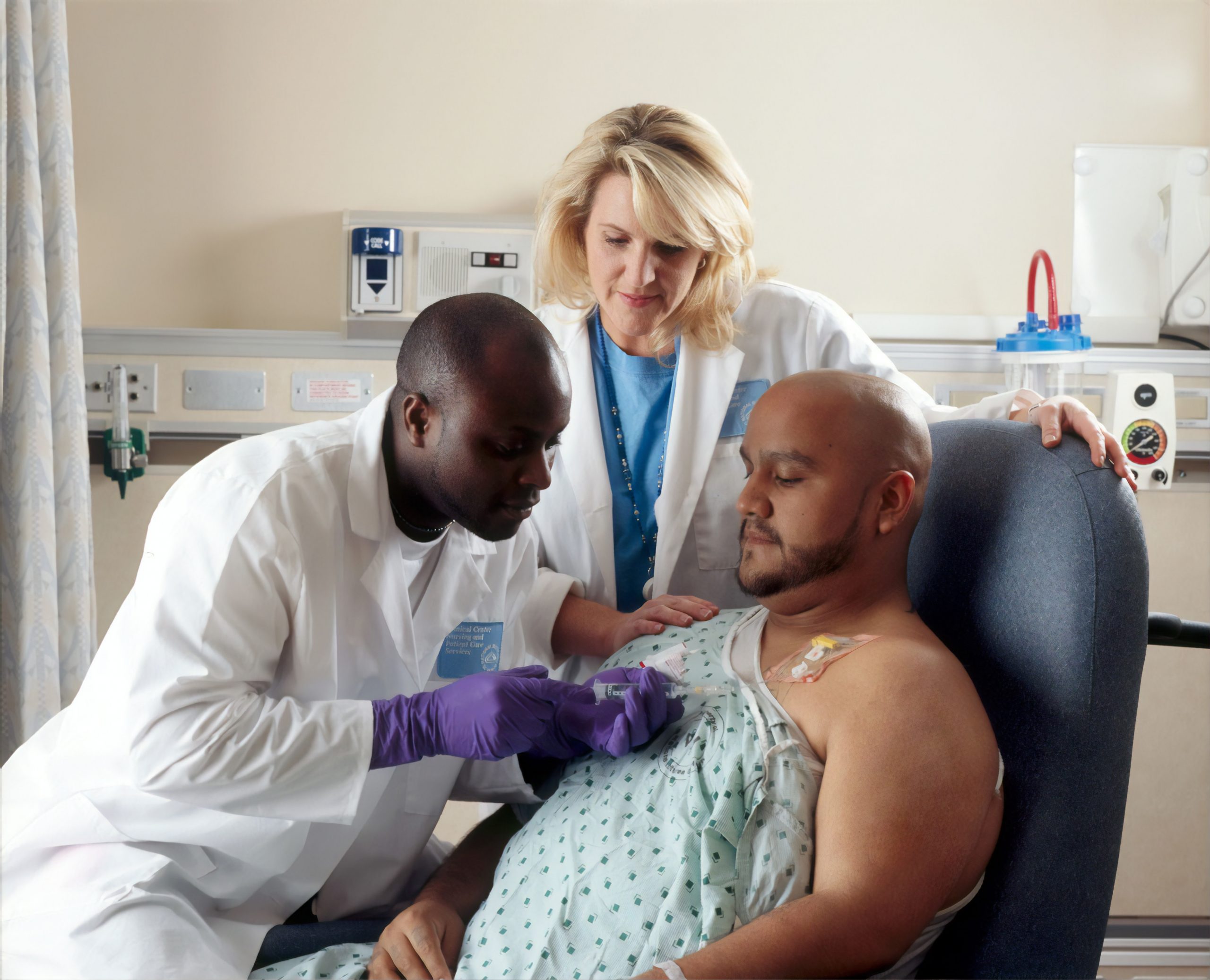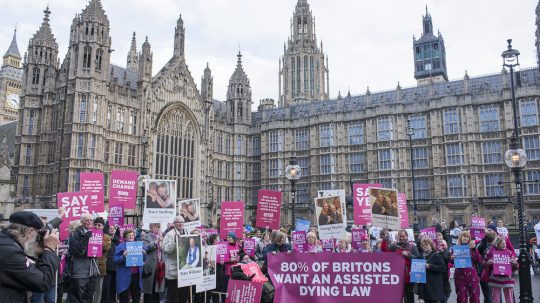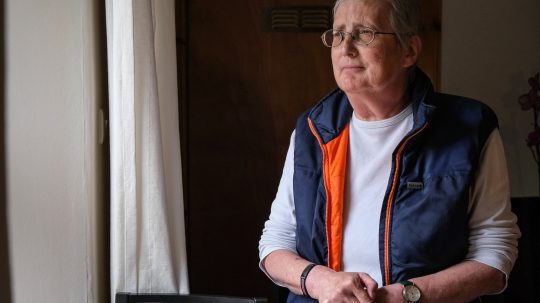What Are The Potential Benefits of Assisted Dying Legislation In The UK?
Proponents of the ADB argue that the benefits outweigh any potential risks and that the legislation is modest enough that it should mitigate potential misuses of it.
Dignity In Dying advocates for empowering terminally ill people already facing death with the right to decide its terms.
“The key thing is the power over the right to make that decision,” said Ball. “We tend not to say ‘the right to die’, but ‘the right to be able to die on your own terms’. Our policy is very much around people who are already dying, who no longer have a choice between life and death, but could have a choice about how they die. It’s not about ending the life of someone who would either otherwise be alive, but about shortening and easing the dying process when that’s already happening.”
For Rae Radford, a social media influencer, assisted death legislation would have been a welcome development for her mother. After a conversation arose about leaving people in vegetative states, Radford promised her mother that she would step in if this ever happened to her.
“After several mini-strokes, my mum had a massive one, leaving her incapable of getting out of bed, moving any limbs and she couldn’t even swallow,” said Radford. “Against my wishes, they operated to insert a peg directly into her stomach so she could be fed. She never wanted to have to mess herself and for a stranger to clean her up or wash her. She had so much pride and dignity but instead of slipping away at the ripe old age of 89, she was left to catch one chest infection after another, taking her three very long months to finally leave this world.”
Radford believes her mother would have signed a document for assisted death, protecting her from further medical intervention as her life ended. She added: “I couldn’t go near nor by the home they’d put her in. I knew if I saw her I wouldn’t be able to help myself. I live knowing that I could have done something about her end of life.”
Dignity In Dying believes that legalising assisted death in the UK could deter people from taking unmonitored trips to other countries where forms of euthanasia are already legal, such as Switzerland.
“There aren’t any safeguards at the moment to stop someone being coerced into going to Switzerland or coerced into giving up treatment or coerced into ending their own life,” explained Ball. “Whereas if we do have legislation, there would be a level of transparency of accountability of regulation that brings everything out into the open.”









